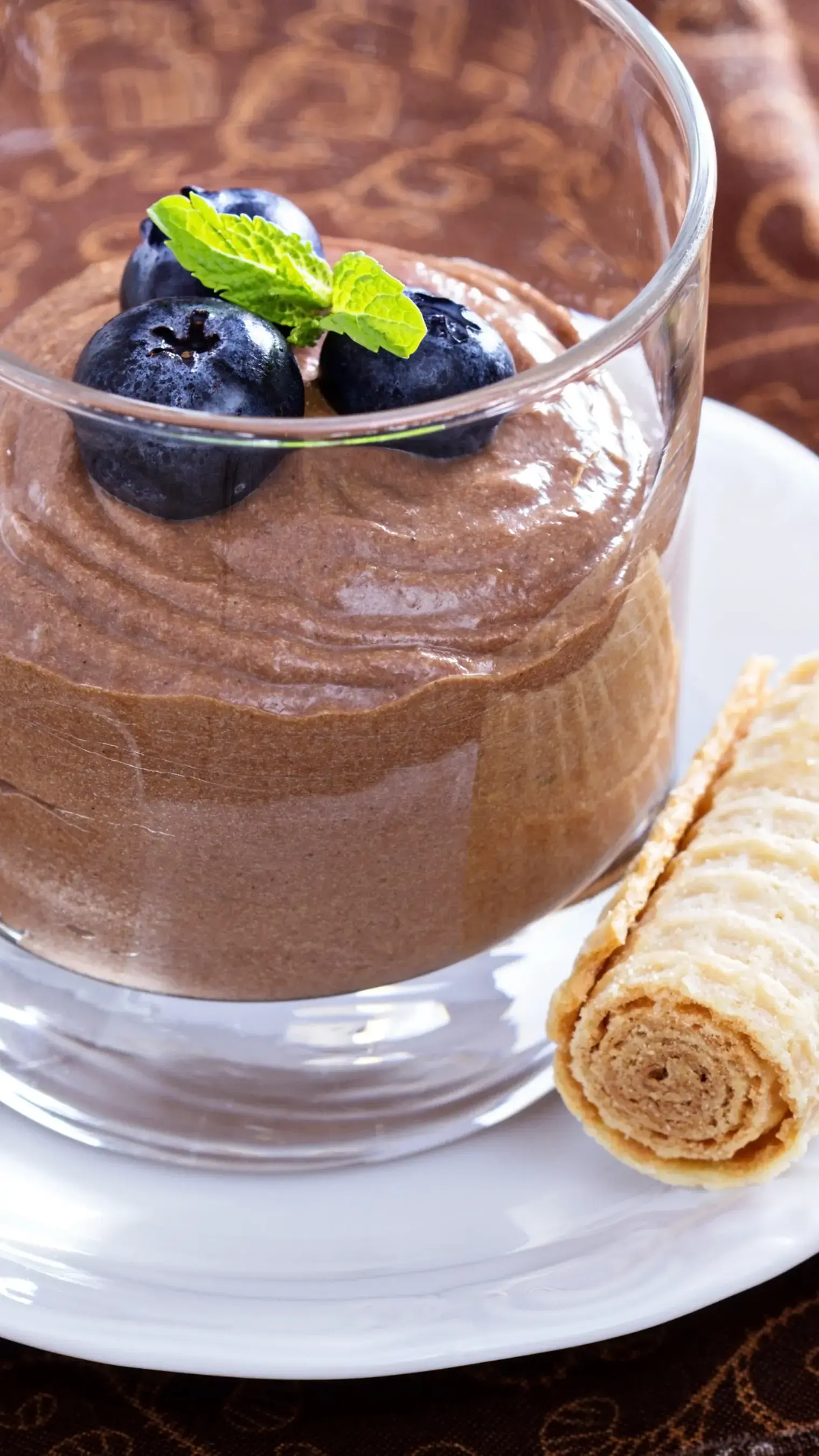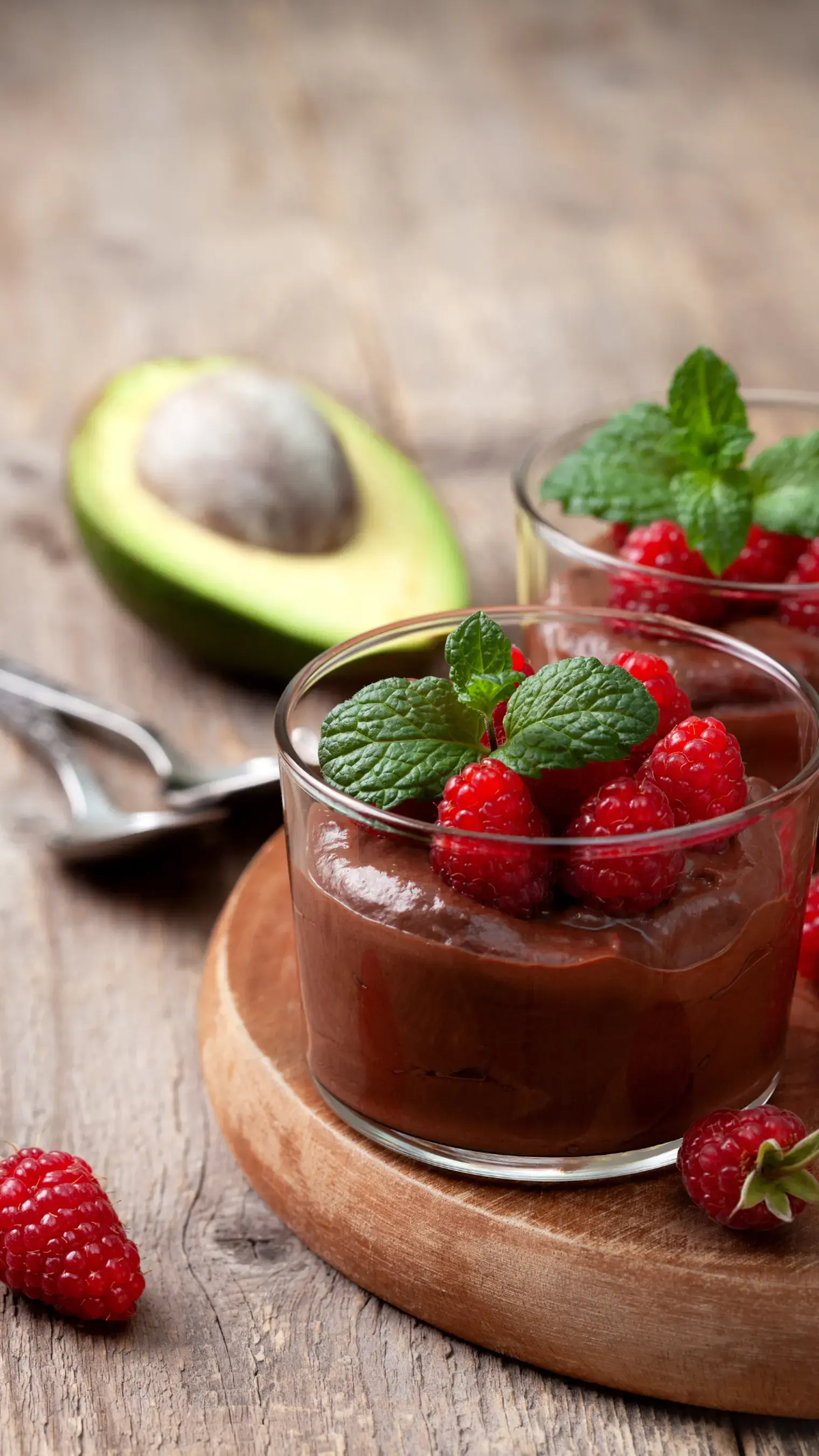Lemon curd may prove to be your best bkaing asset this winter; the light, custard-y mixture can be used as a sauce, a glaze, a topping and a filling too. So, lets explore this delicious treat a lottle more

Lemon curd may prove to be your best bkaing asset this winter; the light, custard-y mixture can be used as a sauce, a glaze, a topping and a filling too. So, lets explore this delicious treat a lottle more
Planning to bake with lemon curd? The wonderful citrus-based condiment cn prove to be a multi-tasker! It is essentially a custard-like mixture made from eggs, leom juice or fresh lemon, sugar and butter. Lemon curd boasts a balanced acidity which serves to accentuate the richness of the other ingredients. The best part is if you don’t have access to fresh lemons, you can use store-bought lemon juice and some lemon zest for additonal flavour.
The process of making lemon curd involves whisking together egg yolks and sugar until the mixture becomes pale and slightly thickened. Freshly squeezed lemon juice is then added, infusing the mixture with its vibrant citrus essence. The tempperature is an important aspect in this method which can also affect its shelf life.
How To Store Lemon Curd?

When stored properly in an airtight container in the refrigerator, homemade lemon curd can typically last for about 2 to 4 weeks. The key to prolonging its shelf life is to minimize exposure to air and moisture, which results in development of mold and spoilage.
Once opened, the curd's shelf life may be reduced to about 1 to 2 weeks. There are ways to maximize the longevity of your lemon curd. Lets have a look
Airtight Storage
Store the lemon curd in a clean, airtight container to prevent air and moisture from affecting its quality. A jar with a tight-fitting lid is the best option
Refrigeration
It's best to refrigerate lemon curd immediately after making it (or purchasing it). The cool temperature slows down the growth of bacteria and preserves the freshness
Avoid Contamination
Use clean utensils when scooping out lemon curd to prevent introducing any contaminants. Moisture and food particles can often cause spoilage. If you notice an unusual odor, changes in color, or the presence of mold, it's best to discard it
Freezing
Freezing the lemon curd can also help with shelf life. Portion it into smaller containers, leaving some space for expansion, and freeze. Thaw it in the refrigerator when you're ready to use it, and consume it within a 2-3 weeks.

Can Freezing Lemon Curd Affect Its Consistency
Yes and no. One of the primary components in lemon curd is eggs. Freezing can cause the water within the eggs to form ice crystals, which, in turn, can affect the overall structure of the curd. The result may be a change in texture, with the curd becoming slightly grainy or having a different mouthfeel after thawing. However, not all frozen lemon curds react this way and a lot depends on the measure of ingredients and techniue
Before freezing, ensure that the lemon curd is well stirred. This can help distribute the ingredients more evenly and may contribute to a smoother texture after thawing. It's best to freeze lemon curd in smaller portions or individual containers. It reduces the likelihood of ice crystals forming, which can affect the texture.
Can Lemon Curd Curdle? How Can It Be Fixed?
Curdling in lemon curd can occur if the mixture is heated too quickly or if the eggs are cooked at a very high temperature. But there are certain ways to fix curdled lemn curd. Usually, in case of a light separation of liquids, there's a good chance it can be fixed.
Simply crack an additional egg and separate the yolk from the egg white. Place the yolk in a small bowl. Gradually add a small amount of the curdled lemon curd to the bowl containing the additional egg yolk, which is essetnailly a stabilizer. This tempering can help the egg yolk adjust to the temperature of the curd without scrambling.
Next, whisk or mix the tempered egg yolk and curdled lemon curd together. Gently heat the curdled mixture over low to medium heat in a saucepan. Keep stirring continuously to avoid further curdling and to help the ingredients re-emulsify. If there are still small bits of curdled egg or if the texture isn't smooth enough, you can strain the lemon curd through a fine mesh sieve to remove any solids.
Like This Article?
More Like This




Popular Articles



Trending Web Stories
Curated Recipes




















